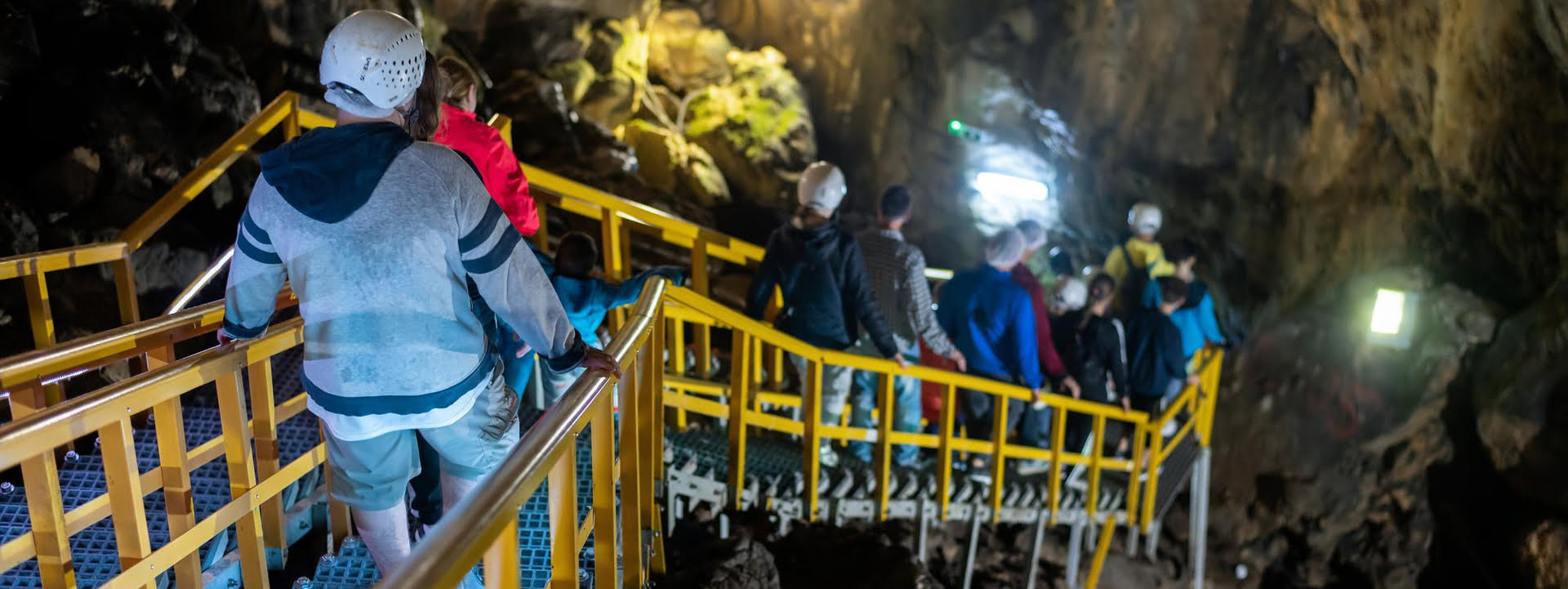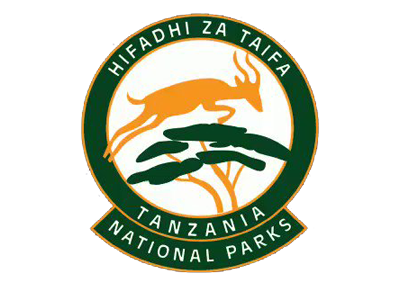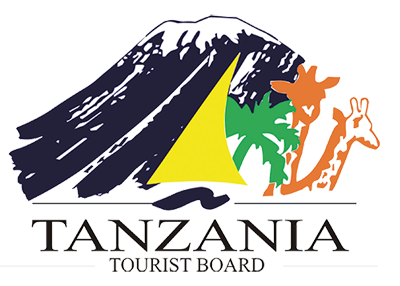When it comes to tourism in Tanzania, most people think of its iconic wildlife safaris and breathtaking landscapes. However, Tanzania's rich geological heritage and abundant mineral resources offer a unique opportunity for an alternative form of tourism: mining tourism. In this article, we will explore the fascinating world of mining tourism in Tanzania, where visitors can delve into the country's mining history, witness the mining process firsthand, and appreciate the economic significance of this industry.
Tanzania is blessed with a wealth of mineral resources, including gold, diamonds, gemstones, and various base metals. The country's geology is a playground for geology enthusiasts and adventure seekers. From the greenstone belts of the Lake Victoria Goldfields to the tanzanite mines in the Mirerani Hills, Tanzania's diverse geology offers a captivating journey through time and geological wonders.
History and Cultural Heritage
Mining has played a significant role in Tanzania's history and cultural heritage. Exploring mining sites provides insights into the nation's past, from the early days of traditional mining methods to the modern industrial operations of today. Visitors can learn about the cultural significance of mining for local communities and witness how mining has shaped their way of life.
Tanzania's Golden Legacy
Gold mining is a prominent industry in Tanzania, and the country is renowned for its vast gold reserves. Mining tourism provides a chance to witness the gold mining process, from exploration and excavation to ore processing and gold refining. Visitors can visit operational gold mines, interact with miners, and gain a deeper understanding of the challenges and rewards associated with this precious metal.
The Tanzanite Experience
Tanzanite, a rare and captivating gemstone, can only be found in a small area of northern Tanzania. Mining tourism offers an exclusive opportunity to explore the famous tanzanite mines near Arusha. Visitors can observe the intricate process of extracting tanzanite, witness the skilled craftsmanship involved in cutting and polishing, and even purchase unique tanzanite jewelry as a memento of their visit.

Community Engagement
Mining tourism goes beyond witnessing the mining process; it also provides an avenue for visitors to engage with local communities. Mining activities often create employment opportunities for nearby residents, and visitors can interact with miners and gain insights into their daily lives, traditions, and cultural practices. This exchange of experiences fosters mutual understanding and promotes sustainable tourism development.
Environmental Awareness
Mining tourism can raise awareness about environmental conservation and responsible mining practices. Visitors can learn about efforts to minimize the ecological impact of mining operations, including land rehabilitation and reforestation initiatives. Understanding the delicate balance between mining and environmental preservation is crucial for sustainable development in the mining industry.
Economic Significance
Mining is a vital sector of Tanzania's economy, contributing significantly to its GDP and employment. By participating in mining tourism, visitors can directly support local economies and contribute to the socio-economic development of mining communities. This form of responsible tourism helps create sustainable livelihoods and improves the quality of life for local residents.
Mining tourism in Tanzania offers a distinct perspective on the country's natural resources, history, and cultural heritage. By exploring mining sites, engaging with local communities, and appreciating the economic significance of the mining industry, visitors can gain a deeper understanding of Tanzania's geological wonders and contribute to its sustainable development. So, venture beyond traditional tourism experiences and uncover the hidden treasures of mining tourism in Tanzania.








